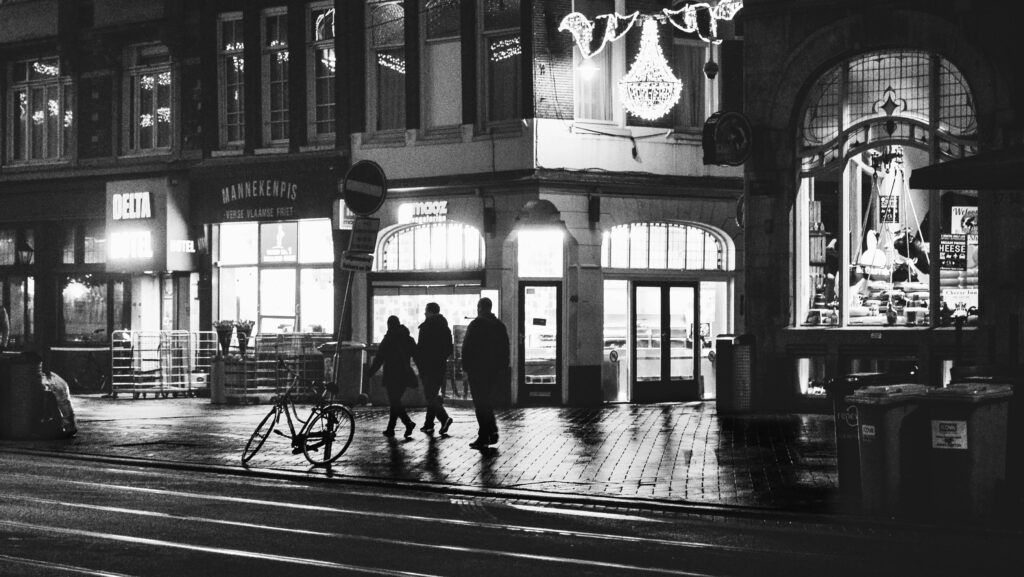The Detroit Riots of 1943, also known as the Detroit Race Riot, took place from June 20 to June 22, 1943, in Detroit, Michigan. The riots resulted from increasing racial tensions between African American and white residents, as well as tensions between African American workers and white industrial workers during World War II. The riots were triggered by an altercation between an African American soldier and a police officer on Belle Isle, a park in Detroit. The altercation quickly escalated into a larger conflict between African American and white residents, leading to widespread violence, looting, and arson.
During the three days of the riots, at least 34 people were killed, and hundreds were injured, and over 1,000 buildings were destroyed. The Detroit Riots were one of the deadliest race riots in American history and significantly impacted the city and its residents. The riots increased racial tensions and heightened mistrust between African American and white residents. The riots also led to changes in the way that Detroit was policed, as well as new laws aimed at preventing future racial unrest.
The Detroit Riots of 1943 were a significant event in American history, as they highlighted the deep racial divisions that existed in American society during World War II and the ongoing struggle for racial equality in the United States.

